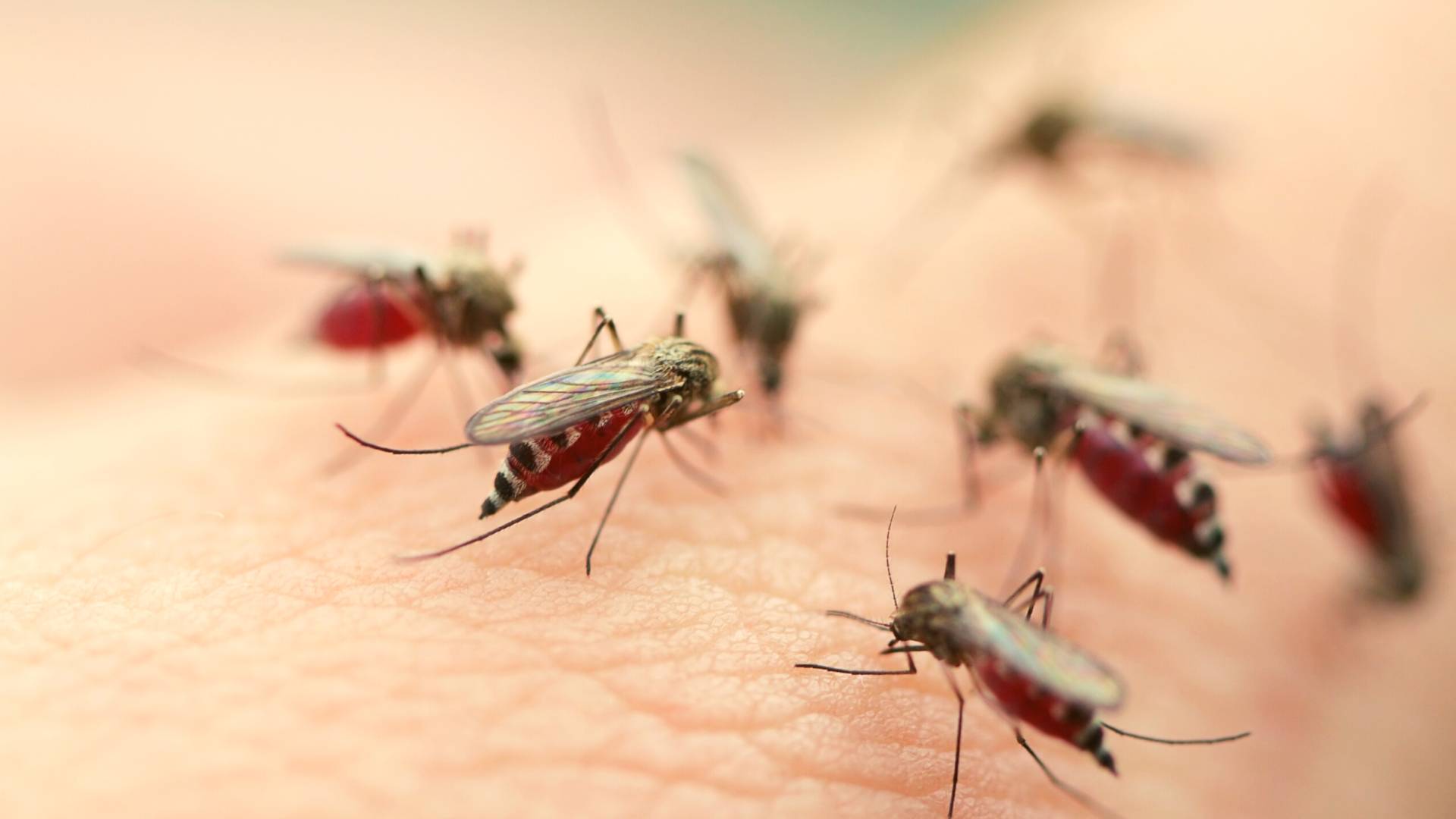Thailand, often referred to as the ‘Land of Smiles,’ is a Southeast Asian country that boasts stunning beaches, lush jungles, vibrant cities, and rich cultural heritage. It is a popular destination for tourists from around the globe. However, one aspect of Thailand that often poses a challenge for visitors is the presence of mosquitoes. The tropical climate, combined with an abundance of standing water, makes Thailand a favorable breeding ground for mosquitoes.
In this article, we will discuss the prevalence of mosquitoes in Thailand, the potential risks they pose, and the measures that can be taken to minimize their impact on your experience.
The Mosquito Problem in Thailand
Thailand is home to a variety of mosquito species, with the most common being the Aedes aegypti and Anopheles mosquitoes. These mosquitoes are prevalent throughout the country, particularly in rural areas and near bodies of water. They are most active during dawn and dusk, although they can be found biting throughout the day.
Mosquitoes thrive in the tropical climate of Thailand, with high temperatures and humidity providing ideal breeding conditions. The rainy season, which typically lasts from May to October, exacerbates the situation by creating stagnant water sources that serve as breeding grounds for mosquitoes.
Mosquito-Borne Diseases in Thailand
Mosquito-borne diseases are a significant public health issue in Thailand, and several diseases are caused by mosquitoes. Here are some of the most common mosquito-borne diseases in Thailand:
Dengue fever: This is the most common mosquito-borne disease in Thailand, and it is transmitted by the Aedes mosquito. Dengue fever causes high fever, severe headache, and joint and muscle pain, and in severe cases, it can lead to dengue hemorrhagic fever (DHF), which can be fatal.
Chikungunya: This disease is caused by the Chikungunya virus, which is transmitted by the Aedes mosquito. It causes fever, joint pain, rash, and muscle pain. Although it is not usually fatal, it can cause long-term joint pain and disability.
Japanese encephalitis: This is a viral disease that is transmitted by the Culex mosquito. It causes inflammation of the brain, and in severe cases, it can lead to seizures, coma, and death. However, this disease is mainly found in sparsely populated areas and mainly in the north of Thailand.
Malaria: Although malaria is less common in Thailand than in other countries, it is still a significant public health issue. It is caused by the Plasmodium parasite, which is transmitted by the Anopheles mosquito. It causes fever, chills, and flu-like symptoms, and in severe cases, it can lead to organ failure and death.
Zika virus: The Zika virus is a relatively new mosquito-borne disease in Thailand, and it is transmitted by the Aedes mosquito. It causes mild fever, rash, and joint pain, but it is particularly dangerous for pregnant women, as it can cause birth defects in unborn babies.
Preventative measures
To avoid diseases caused by mosquitoes when visiting Thailand, it is essential to take preventive measures to minimize the risk of mosquito bites. Here are some recommendations:
- Wear protective clothing: Cover your body with long-sleeved shirts, long pants, and socks to reduce exposed skin. Light-colored clothing is preferable as it tends to be less attractive to mosquitoes.
- Use insect repellent: Apply a good quality insect repellent containing DEET, picaridin, IR3535, or oil of lemon eucalyptus (PMD) to exposed skin and clothing. Follow the product’s instructions for proper application and reapply as needed.
- Sleep under a mosquito net: If you are staying in a place without screens on windows and doors or air conditioning, use a mosquito net treated with insecticide (such as permethrin) to protect yourself while sleeping.
- Stay in well-screened or air-conditioned rooms: Choose accommodations with window screens and air conditioning when possible to reduce the risk of mosquito bites.
- Avoid peak mosquito activity times: Mosquitoes are most active during the early morning and evening hours. Try to minimize outdoor activities during these times or take extra precautions to protect yourself.
- Use mosquito coils or plug-in repellents: In outdoor settings or rooms without screens, use mosquito coils or plug-in insecticide vaporizers to deter mosquitoes.
- Eliminate standing water: Mosquitoes breed in standing water, so try to avoid staying near stagnant water sources like ponds or puddles.
- Consider taking antimalarial medication: Consult your doctor before traveling to Thailand

